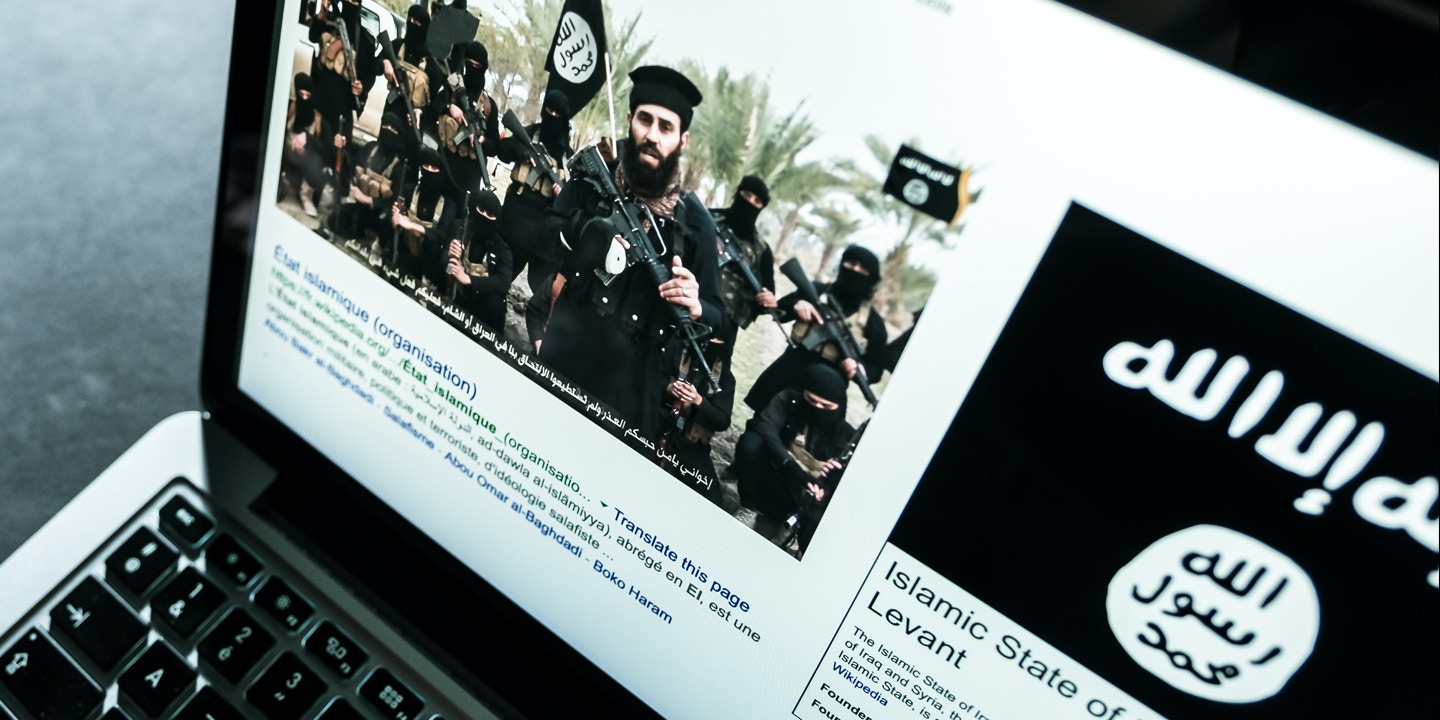ASEAN Centrality in Today’s Geopolitical Context – Interview with H.E. Jose Tavares
The world is being overwhelmed by the coronavirus pandemic along with its adverse impacts. Yet, the pandemic also not halted any geopolitical tension and rather to heat the situation. Now, countries around the globe are coping with economic and health crises simultaneously. In this time of hardships, ASEAN as a regional bloc has to cooperate and address the crisis together.
Continue readingIssues to Watch on Indonesia’s Foreign Policy in the Post-Pandemic World – Interview with H.E. Dr. Hassan Wirajuda
I think it is a bit too early for us to talk about the post-COVID-19 world as we are still in the midst of the COVID-19 pandemic. And there is no clear sign when the pandemic could end. The number of those who are affected all over the world continues to increase. As of today, the latest record shows there are 26.3 million confirmed cases and 868.000 deaths. All countries in the world are affected by this pandemic without exception. There are countries which are badly affected, some are less, all with a different degree of effectiveness in mitigating this pandemic.
Continue readingThe Other “Virus” Threat to Indonesia and the Philippines: Online Radicalization – Opinion by Camille Bismonte & Kareeda Kabir
Amid the pandemic, it has been said that Indonesia has found itself fighting two viruses. The first being the coronavirus pandemic, and the second being the “virus” of religious radicalization. The lethal combination of an ailing global economy combined with the strain on healthcare systems has pushed people to find other outlets to obtain the resources and support they need. Unfortunately, one outlet in Indonesia and the Philippines appears to be militant Islamic online radicalization through increased internet saturation, fueled by a need for a sense of community amidst the calls for self-isolation during the pandemic.
Continue readingIs Korean Peninsula Diplomacy Running out of Steam? – Opinion by Noto Suoneto & Birgitta Riani
Undoubtedly, COVID-19 pandemic has a profound impact on Inter-Korean ties. The past 2 years’ negotiation between North Korea and South Korea, also with the United States, have not shown any positive results and is disrupted by the pandemic. North Korean leaders have even appeared with a worsening tone of diplomacy.
Continue readingUS, China Virus Aid: Who Gives More To SEA? – Opinion by Esther N S Tamara
Earlier this year, Beijing’s ‘mask diplomacy’ gained traction for its suspected geopolitical intentions as the rest of the world was making do with a dwindling supply of face masks and Personal Protective Equipment (PPEs). Beijing’s swooping gesture of goodwill to the suffering global community was quite an opportunity to seize, and one that allowed China to earn points from the international community.
Continue readingThe Way forward on South China Sea Issues – Presentation from Prof. Hasjim Djalal
Devising cooperative programs on “technical, scientific and environment” matters is easier than dealing with “resource” issues, and much more difficult than dealing with “territorial claims and jurisdictional issues” in the South China Sea (SCS).
Continue readingFPCI Virtual Public Forum on Assessing the Present and Envisioning the Future of ASEAN-China Relations
FPCI Virtual Public Forum on Assessing the Present and Envisioning the Future of ASEAN-China Relations
On Friday, 4 September 2020, Foreign Policy Community of Indonesia (FPCI) convened a virtual public forum on “Assessing the Present and Envisioning the Future of ASEAN-China Relations.” This public forum served as a form of ‘community briefing’ for ASEAN nationals on the preliminary findings of FPCI’s ASEAN-China Survey 2020. The forum was begin with an opening remarks from Dr. Dino Patti Djalal, Founder of FPCI.
The discussion was moderated by Dr. Shofwan Al Banna, Head of Undergraduate Programme of International Relations Department at the University of Indonesia, who is also the Senior Advisor of ASEAN-China Survey 2020 featuring the following panelists:
1) Dr. Kin Phea, Director General, International Relations Institute of Cambodia (IRIC)
2) Dr. Jayant Menon, Visiting Senior Fellow, ISEAS – Yusof Ishak Institute, Singapore
3) Dr. Ha Anh Tuan, Executive Director, Foundation for East Sea (SCS) Studies, Diplomatic Academy of Vietnam (DAV)
The panel highlighted achievements that ASEAN and China have reached together and delivered substantive insights into identified challenges, gaps to be addressed, and opportunities to seize, based on the perspectives of the region’s grassroots community.
FPCI Virtual Public Discussion on US Update: America at the Crossroad 2020
In less than three months away, Americans will decide who their next president will be. With so much at stake, this year’s election will map out the country’s stance on democracy, liberal international order, and most importantly, determine the recovery of a nation that has been stricken with economic, public health, and social crises.
Continue readingKey Point on the 36th ASEAN Summit
Vietnam as the Chairman of ASEAN this year held virtually the 36th Association of Southeast Asian Nations (ASEAN) Summit. With the theme of “Cohesive and Responsive ASEAN”, the summit was focused on the COVID-19 pandemic response, post-pandemic recovery and further cooperation with partner countries. The Summit also discussed the South China Sea and the importance of RCEP.
Continue reading









